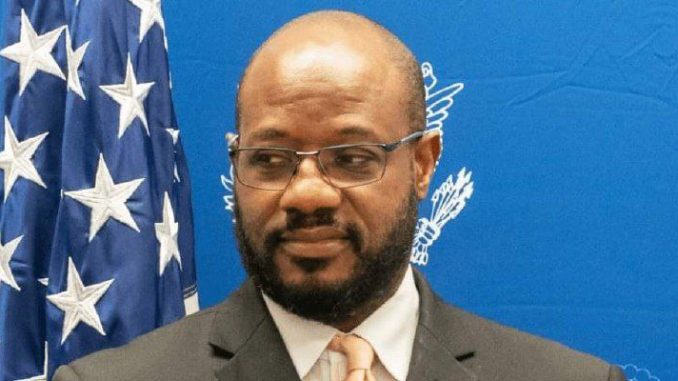
Fano and the council that facilitates negotiations with the government will talk to the American ambassador today
One of the most complex challenges they face is the deep-rooted mistrust between the government and Fano militants.
Another problem facing the council is the lack of a unified organization of Fano militants.
The council mentioned in the evaluation document that Fano militants are organized and led separately in Wolo, Showa, Gondar and Gojam.
He also stated that the ongoing instability and violence in the region and neighboring regions is an obstacle for the peace council.
It explains that the continuation of the context of ethnic conflict in the region like Tigray and Oromia regions has created an obstacle for the efforts of the Peace Council.
The council consulted with senior officials from the state to the federal level on the government side before proceeding to dialogue with the diplomatic community.
At the regional level, Zemema sources recalled that he recently discussed with the president of the Amhara region, Ato Argega Kebede, and at the federal level, with the minister of peace, Ato Bnalf Andualem.
The Ethiopian Electricity Service has announced that the electricity tariff has been increased
The electricity tariff reform that will be implemented includes residential, commercial, small and medium industry and street lighting tariff and will increase service charge, energy consumption bill payment and high power load, the Ethiopian Electricity Service announced.
It has been stated that electricity tariff revision will be revised once every 4 years in the Electricity Tariff Determination Guide No. 008/2012 issued by the Oil and Energy Authority.
However, Bisrat Radio and Television heard that the Chief Executive Officer of Ethiopian Electricity Service, Engineer Shiferau Galila, said that the tariff reform study that is being implemented now was approved by the Council of Ministers at the 36th regular meeting held on June 13, 2016.
It has been said that the current electricity tariff revision will be implemented for four consecutive years starting from September 2017 divided every quarter.
In addition, it is said that the reform that will be implemented will take into account the ability of low-income customers to pay and will be subsidized so as not to worsen the cost of living and inflation.
It is said that the beneficiaries of subsidy are the customers who use up to 200 kilowatts per hour in a month.
In addition, customers who use up to 50 kilowatt hours in a month without subsidy would have to pay 6.01 kilowatt hour if calculated using the correct tariff formula, but it has been reduced to 0.98 kilowatt hour due to subsidy.
For example, a customer who consumes 50 kilowatt hours of electricity per month used to pay 24 birr per kilowatt hour per month in the previous tariff, and it is indicated that he will pay 28 birr per kilowatt hour in the first quarter of the new tariff.